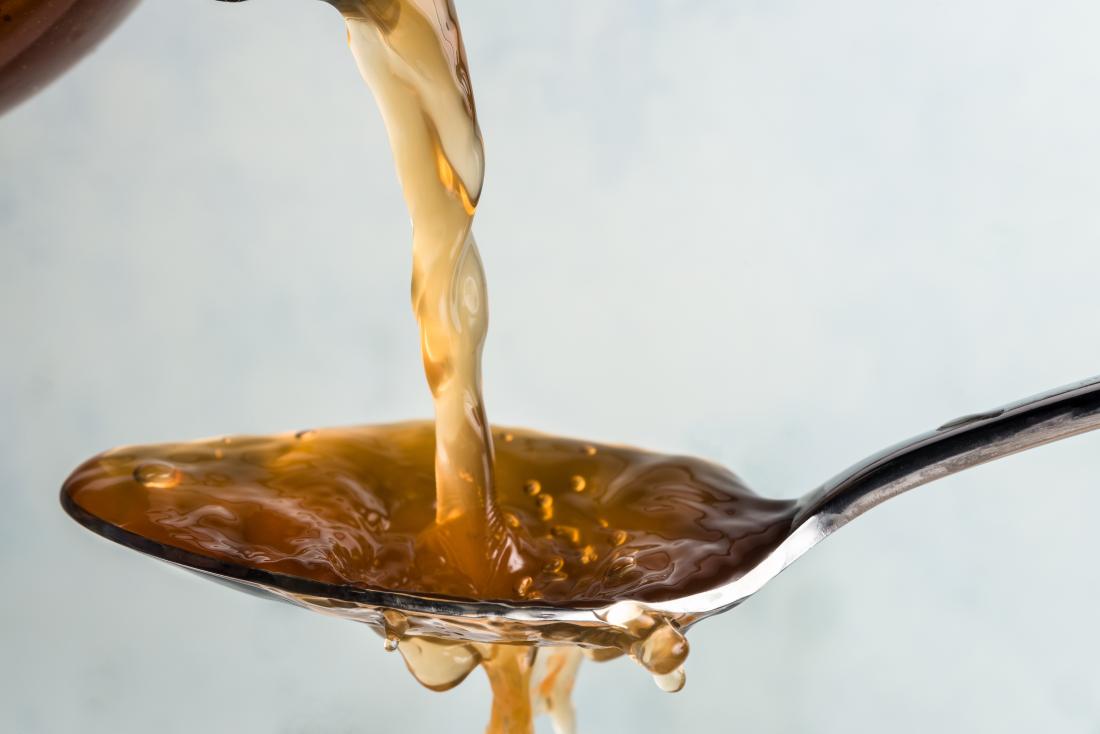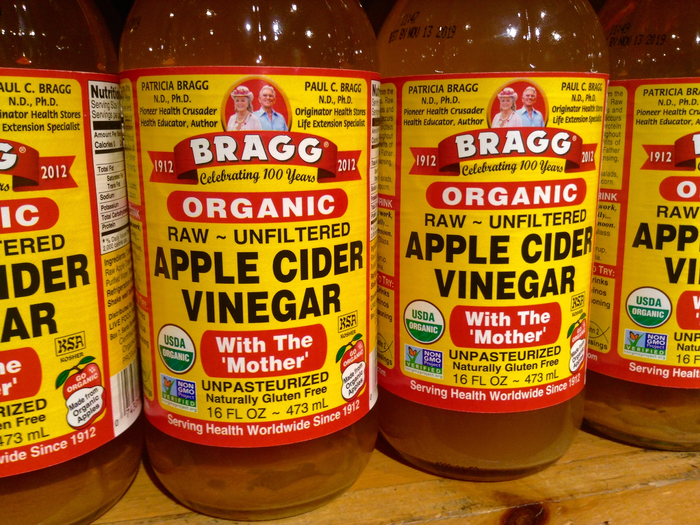It is true that vinegar overall has no alcohol in its contents. Acetic acid is the primary ingredient bacteria produce through the fermentation of ethanol or alcohol. While the vinegar is being developed, the alcohol used in the process transitions to acetic acid, leaving no further trace of alcohol remaining in the substance.
Vinegar’s acetic acid content can range as high as roughly 20 percent, with a standard market option having up to 10 percent. Vinegar comes in a range of flavors and can consist of varied ingredients, including “specific minerals, tannins, and citric acid.” Each manufacturer will add their own unique elements to make the different kinds of vinegar distinct to their brand.
Not all vinegar is based on ethanol. The foundations can be varied sources, including juices, fruit, beer or wine, and on. Apple cider vinegar, in particular, is based using grain alcohol, as is white vinegar. Balsamic vinegar uses grapes, while rice vinegar is made using fermented rice.
The bottles of vinegar are non-alcoholic and are unlikely to test positive for alcohol.
Is apple cider considered an alcohol resource? Fresh apple cider has no alcohol in its contents.
However, it is possible when fermented as time goes on for unpasteurized cider to harden and become alcoholic, making it necessary to drink it relatively quickly when purchasing if you want to avoid fermentation. Let’s look at apple cider vinegar to learn a little more about it so you can be an informed consumer.
Table of Contents
ToggleCan Apple Cider Vinegar Register On A Breathalyzer?
Apple cider vinegar inadvertently has developed a reputation as containing alcohol with the potential for creating a positive result on an alcohol test. Primarily, I believe the reason for this is due to the fact that apple cider when allowed to harden, can develop into an alcoholic beverage. The process for creating vinegar is unique from cider.
While in some processes, the fermentation can transition the sugars into ethanol or alcohol; it doesn’t stop there with apple cider vinegar. To further manipulate the product into vinegar, bacteria are introduced into the fermentation converting the alcohol into acetic acid.
Once that has occurred, alcohol that might remain is so minute it would be considered negligible, incapable of producing a drunk result or registering on a Breathalyzer. Now that we have an answer to our question, let’s learn a few facts about apple cider vinegar to avoid misperceptions.
What Is Apple Cider Vinegar?

Essentially, apple cider vinegar is apple juice that goes through fermentation twice. Apples are not the only food with natural ingredients necessary to create vinegar. Apples, in fact, must follow a dual process requiring considerable patience and a time-intensive effort to transition into vinegar.
First, the fruit must become juice by “pressing and churning the apples with the cores and skin intact.” The liquid will then go through fermentation two times. Initially, yeast is added to the natural sugar converting it into alcohol. This is precisely how most alcoholic beverages are developed.
After some time, a second fermentation process introduces good bacteria and enzymes into the alcoholic contents changing these into acetic acid, with vinegar being the resultant outcome. These bacteria and enzymes are primarily the reason apple cider vinegar boasts a host of healthful benefits.
Regardless of whether grains or fruits are used for the vinegar, the entire process can take as long as months, primarily involving allowing the juice to sit.
Some people choose to drink apple cider vinegar for its health benefits
While drinking apple cider vinegar won’t get you drunk, nor will it register with an alcohol test, the suggestion is there could be health benefits. Still, these have not been concretely proven except anecdotally. Those who find advantages through the consumption of the substance should be mindful of potential adverse effects before having a glass.
Even if the contents are diluted, drinking apple cider vinegar routinely has the potential to create a nauseous sensation along with bloating and damage to the enamel of teeth. If you already have a sensitive stomach, instead of drinking glasses of vinegar, supplements could be more beneficial to your wellness.
For those who prefer dosing in a drink, the suggestion is roughly “one or two tablespoons in a large glass of water, juice, or a cup of tea to dose.” You can also take it as is, but add spices or other ingredients, including lemon, cinnamon, and maybe ginger, to create a less bitter flavor.
If consuming the vinegar is not appealing, again, you can find supplements to add to your wellness program if you feel they will somehow bring health advantages to you. The vinegar boasts other uses, including helping with scalp health and reduction of dandruff with just a little spray in this area.
Hangover relief is a suggestion
Some people believe that apple cider vinegar is a cure for hangovers. This has not been proven. In fact, the suggestion is that acetic acid is as much of an irritant as alcohol, with the potential for upsetting the stomach, especially for those with a sensitive stomach, more than if you would just endure the hangover.
Conclusion
The takeaway with apple cider vinegar is that it does not contain alcohol. The apples used for the vinegar go through fermentation twice, ultimately eliminating the alcoholic content to the point it cannot make a person drunk, nor will it register on an alcohol test. The only proven purpose for vinegar is as a cooking product, and potential to assist with household cleaning.
Anecdotally speaking, people feel drinking the substance provides them with wellness benefits. There are also supplements available to avoid the need to consume bitter content. Do the advantages outweigh the potential adverse effects? Nothing has been absolutely proven except that vinegar can damage the enamel on your teeth, upset the stomach, and create bloating.
If you feel it in some way helps you, you’re receiving positive results and continue on your path. It’s essential, however, to follow the suggestions on how to consume it to protect your teeth and internal health.

I am a passionate beer connoisseur with a deep appreciation for the art and science of brewing. With years of experience tasting and evaluating various beers, I love to share my opinions and insights with others and I am always eager to engage in lively discussions about my favorite beverage.
















